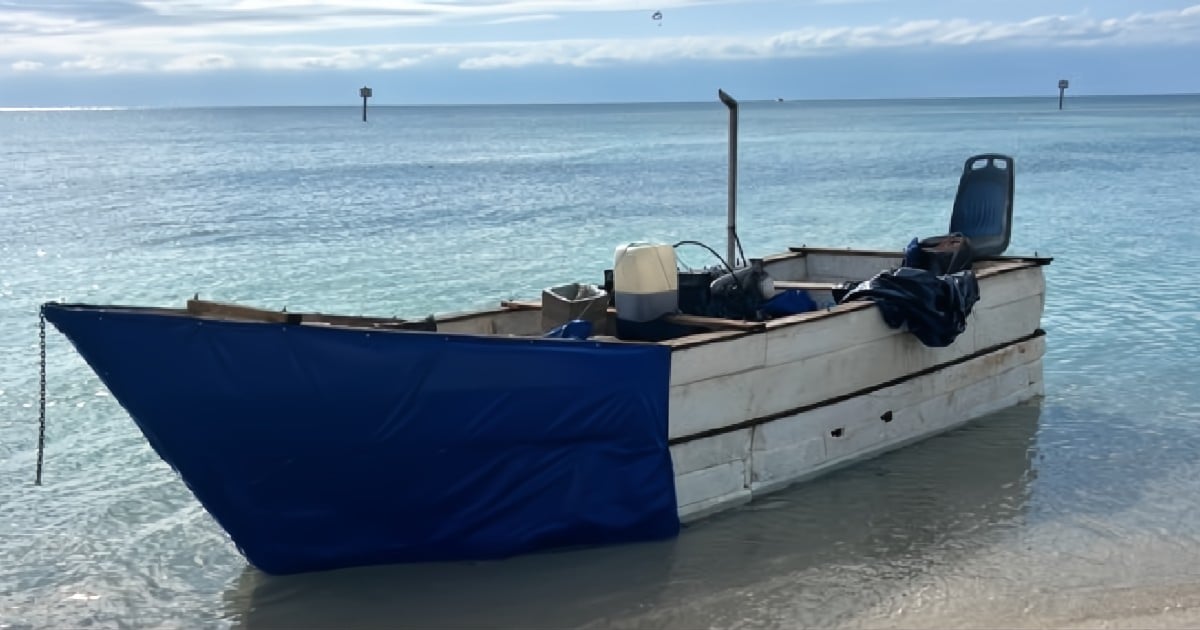A group of ten Cuban nationals recently intercepted off the coast of Florida, United States, after a perilous journey in a makeshift vessel, are now facing deportation proceedings, according to U.S. authorities. Jeffrey Dinise, Chief Patrol Agent of the U.S. Border Patrol's Miami Sector, shared details of the incident through an official statement on his social media account.
Dinise stated, "Earlier today, U.S. Border Patrol agents, along with partner agencies, responded to a migrant landing at Smathers Beach and discovered 10 Cuban migrants who arrived in a homemade vessel. The migrants will be processed for deportation procedures."
This incident is part of a broader increase in maritime migration by Cubans to the United States. In 2024 alone, at least 142 Cuban rafters have tragically lost their lives attempting to reach U.S. shores, based on statistics from the International Organization for Migration.
Despite the inherent dangers and restrictive immigration policies, many Cubans persist in undertaking these hazardous voyages in search of better opportunities. The U.S. authorities have ramped up operations to intercept and repatriate Cuban migrants. So far this year, over 1,300 irregular Cuban migrants have been repatriated from various countries in the region.
The U.S. Coast Guard has repeatedly emphasized the risks associated with illegal maritime migration, urging individuals to pursue legal immigration channels.
Understanding the Cuban Migration Crisis
What are the risks involved in maritime migration from Cuba?
Maritime migration from Cuba involves significant risks, including dangerous weather conditions, the threat of capsizing in makeshift vessels, and the potential for interception by authorities.
How many Cuban migrants have been deported in recent times?
Over 1,300 irregular Cuban migrants have been repatriated this year from different countries in the region, reflecting intensified efforts by authorities to curb illegal migration.
What alternatives do Cubans have to migrate legally?
Cubans are encouraged to explore legal immigration channels, such as applying for visas or asylum through official processes, to ensure safer and more secure migration.
